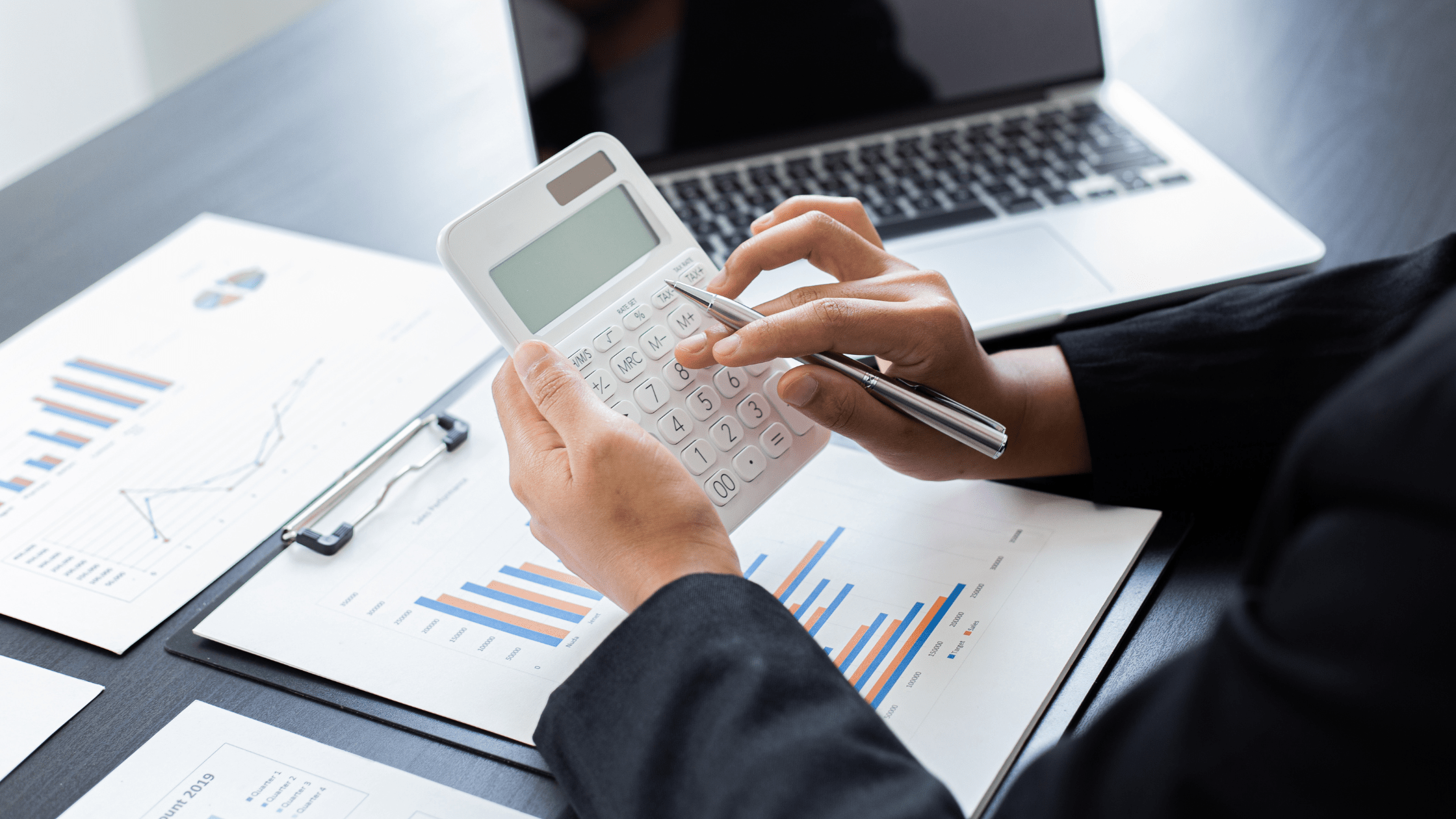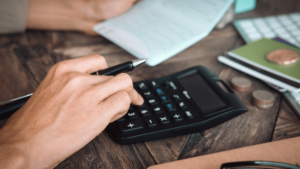News & Events

VAT reverse charge: when and how does it operate in Ireland? Here’s everything you need to know!
The “reverse charge” is a mechanism by which the responsibility for accounting for VAT is transferred from the seller to the buyer. It operates in three broad areas:
-Intra-EU trade (including Northern Ireland) and imports from outside the EU;
-Certain property transactions;
-Supplies by sub-contractors in the construction sector.
Reverse charge VAT in Ireland
When the reverse charge operates the buyer of the goods or services accounts for VAT on the sale in their VAT return. Usually no VAT is actually paid because the buyer is entitled to a simultaneous credit for the VAT so it is also entered in the VAT on purchases box on the VAT3 form and therefore cancels out the VAT on the sale (presuming they have 100% VAT recoverability).
However, there are circumstances when an exempt person is required to register for VAT in order to account for the VAT on acquisitions. This arises when an exempt person imports goods or services from abroad (including other EU countries). In these cases the exempt person is not entitled to a credit and must pay the VAT to Revenue.

Intra-EU trade and imports from outside the EU
When a VAT registered business purchases goods or services from another EU country it should give its VAT number to the supplier. If that is done the supplier will not charge VAT. Instead the business self-accounts for the VAT and also claims a credit at the same time in their Irish VAT return. If the supply is from an Irish business to a customer in another EU country (including Northern Ireland) the invoice must state the customer’s name, address and VAT number in their country of residence.
An unregistered customer will be charged the supplier EU country’s VAT. However, for certain types of services an unregistered (exempt) business is required to register solely for the purpose of accounting for VAT on the services. This will apply to services received from other EU countries and services received from outside the EU. As the recipient is an exempt business there is no entitlement to a VAT credit so the self-accounted VAT must be remitted to Revenue.
The types of services to which the reverse charge applies are mainly (but not limited to) professional services, IT services, advertising services and electronically supplied services.
Property transactions
A property is deemed to be new for 5 years after its completion or, in certain circumstances, for 2 years. After that a sale of the property is exempt from VAT. However, as an exempt sale could lead to a clawback of VAT recovered on the acquisition of the property, the VAT Act allows the parties to a sale of an exempt property to jointly elect to charge VAT on the sale.
The election must be made by the 15th of the month following the month in which the supply is made. When the election is made the buyer becomes accountable for the VAT on the sale. Usually, credit for the VAT will be available simultaneously (presuming they have 100% recoverability). Both parties, the buyer and the seller, must be VAT registered (taxable) businesses.
(Note that some such transactions may be covered by the transfer of business rules so that VAT will not arise at all.)
Another area where the reverse charge rules apply is the assignment or surrender of “legacy leases”. These are leases entered into before 1 July 2008. In the case of an assignment the assignee is the accountable person. When there is a surrender the landlord is the accountable person. A formula prescribed by the VAT Act is used to determine the amount of VAT chargeable. Whether or not the assignee or landlord will be entitled to a credit for the VAT depends on what they subsequently do with the property.
Construction industry
Sub-contractors supplying services to a principal contractor do not account for VAT on the supply. The recipient of the services is the accountable person. Note that this rule only applies when the service comes under the RCT (Relevant Contracts Tax) provisions of the Taxes Acts.
This rule also applies if the supplier of the services and the recipient are connected persons. In such circumstances the recipient must account for the VAT.
The foregoing is an outline of the main areas where the reverse charge VAT mechanism is used in Ireland. There are others including:
-Cultural, artistic and entertainment services provided by persons established outside Ireland;
-Goods installed in Ireland by a supplier established outside Ireland;
-Transport services supplied to an Irish person by a person established outside Ireland;
-The supply of gas, electricity and gas and electricity certificates to registered businesses in Ireland by persons established outside Ireland;
-Certain transactions with NAMA;
-Supply of scrap metal by a dealer to another registered business.
Invoicing
Where an Irish supplier provides goods or services to which the reverse charge applies no VAT or VAT rate is shown on the invoice. The invoice should state that VAT will be accounted for by the customer and should contain the customer’s VAT number. For queries related to taxation services, get in contact with our team today.
Note: Please note that the above is a summary of matters for consideration and guidance purposes only. No action should be taken/not taken as a result of the information included above. Formal tax advice should be obtained under a formal letter of engagement before acting in respect of any of the aspects covered above in relation to VAT reverse charge in Ireland.
This advice is based on our opinion of the current legislation; Revenue may have a different opinion on certain aspects. Cronin Financial Limited t/a Cronin & Company accountancy firm will not be held liable for any loss / liabilities incurred by you as a result of such a difference of opinion.








